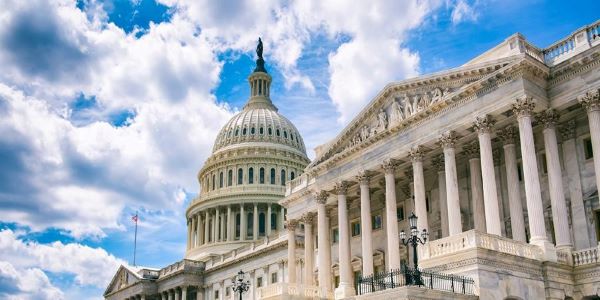On Wednesday, June 24, U.S. Congressman Brian Babin (TX-36) and U.S. Congresswoman Chrissy Houlahan (PA-06) introduced the Resident Education Deferred Interest Act (REDI Act) to address the growing doctor shortage, help make medical education more affordable, and boost health care outcomes across the United States.
The average graduating orthodontic resident today owes approximately $428,150 in student loan debt. Current federal student loan policy does not really account for a professional’s ability to repay student loans, resulting in policies that compound the student loan crisis and undermine a federal goal to expand the number of medical professionals in the United States. The AAO is concerned about the burden of such large amounts of debt on its current members, in addition to discouraging future members – particularly those from underserved communities – from entering the profession.
The REDI Act would provide interest-free deferment for all orthodontic students while in residency. Deferment of interest will prevent students from being penalized during their residency with higher debt balances and make options of serving in underserves areas more attractive and affordable. The AAO joins over 30 other associations in the physician and dental communities in supporting this legislation. You can read the official press release here. The REDI Act is one of the AAO’s top education priorities. You can learn more about the AAO’s federal priorities on the Advocacy page of the AAO’s website.



